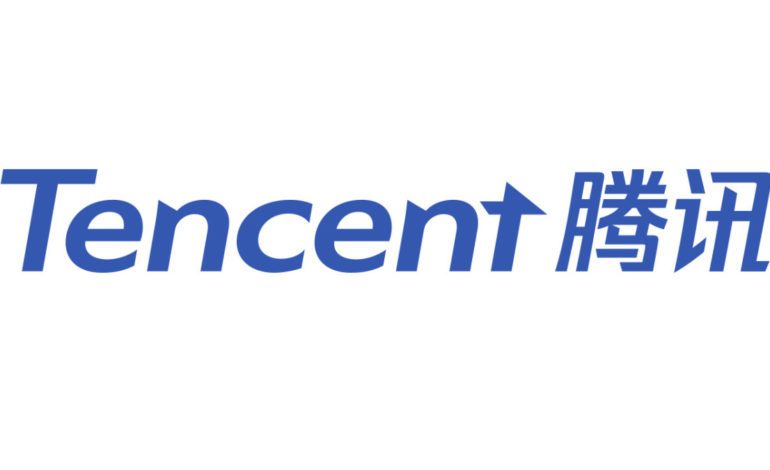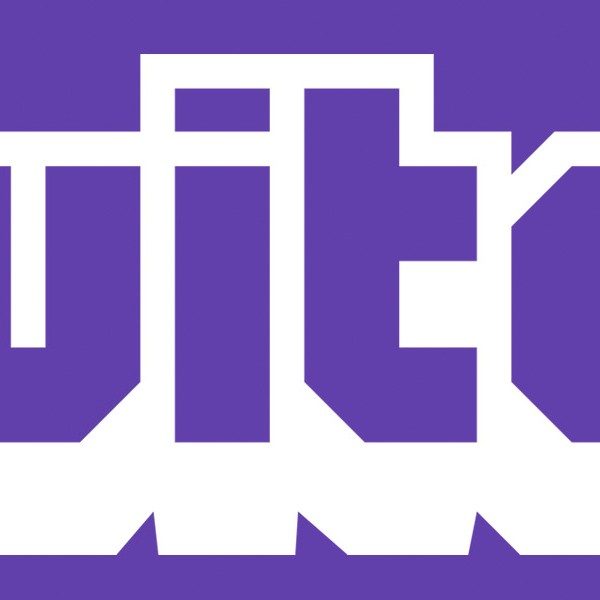

Streamers often follow general rules of conduct laid out by the streaming service, such as Twitch’s Community Guidelines. Generally speaking, streamers are often forbidden from streaming pornographic or violent content, using profanity in excess (unless using a channel disclaimer for mature content), and using other’s copyrighted material without explicit permission. The makers of the game are usually pretty hands-off when it comes to allowing players to stream their content, usually only imposing restrictions for betas or early access games. Chinese game company Tencent has deviated from the mold and imposed a list of rules for streamers to follow in order to stream their games.
The list, published in a report by Niko Partners, prohibits twelve behaviors that will potentially get a streamer banned from streaming Tencent games in the future. Some of the new rules are pretty standard and common sense, such as not distributing false information, and not distributing cheating or virus software. Some of the new regulations, however, may raise a few eyebrows, being worded just vaguely enough to give Tencent numerous avenues to ban streamers.
Streamers are now prohibited from “behaviour that damages the Tencent Games brand directly or indirectly,” as well as, “causing disputes or adverse social impact.” These new regulations are vague and could possibly be applied to ban a streamer just because they said something the company didn’t like. According to the Niko report, the new regulations come after increased scrutiny of the live streaming community by the Chinese government, so it’s more likely that Tencent has introduced the rules in order to protect their brand rather than to create rules for the sake of it. Tencent has been dabbling with other player protection methods as well, such as playtime restrictions and facial recognition software used to enforce it.
This is not the first time the Chinese government has had a hand in shaping the video game industry. Just a few months ago, the Chinese government lifted a nine-month freeze on video game approvals, effectively allowing companies such as NetEase and Tencent to get games out to the public again. It appears that Tencent is not taking any more chances with the government, and is doing all they can to stay on the right side of the law, including reining in their players.
Play games, take surveys and take advantage of special offers to help support mxdwn. Every dollar helps keep the content you love coming every single day.

